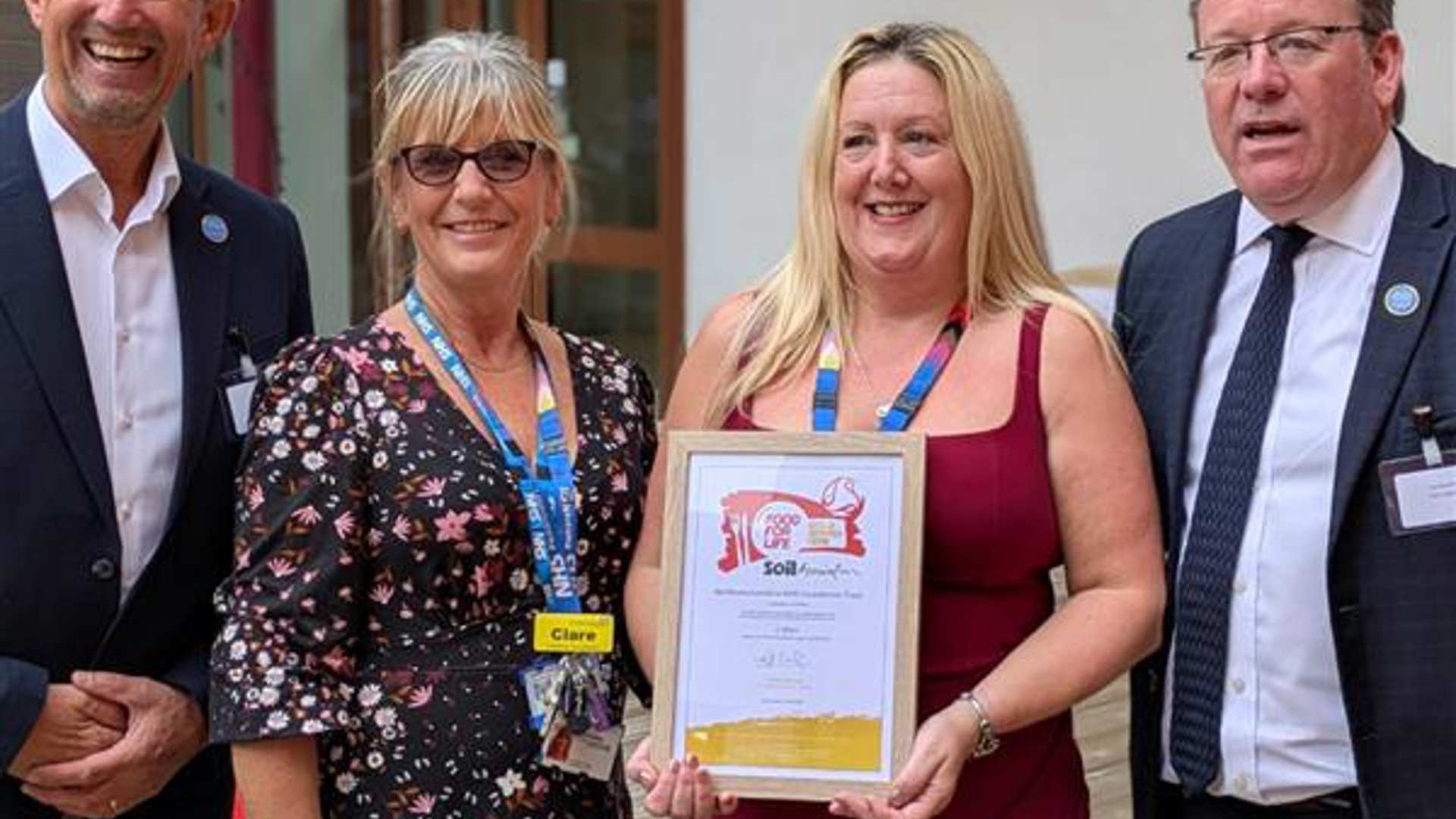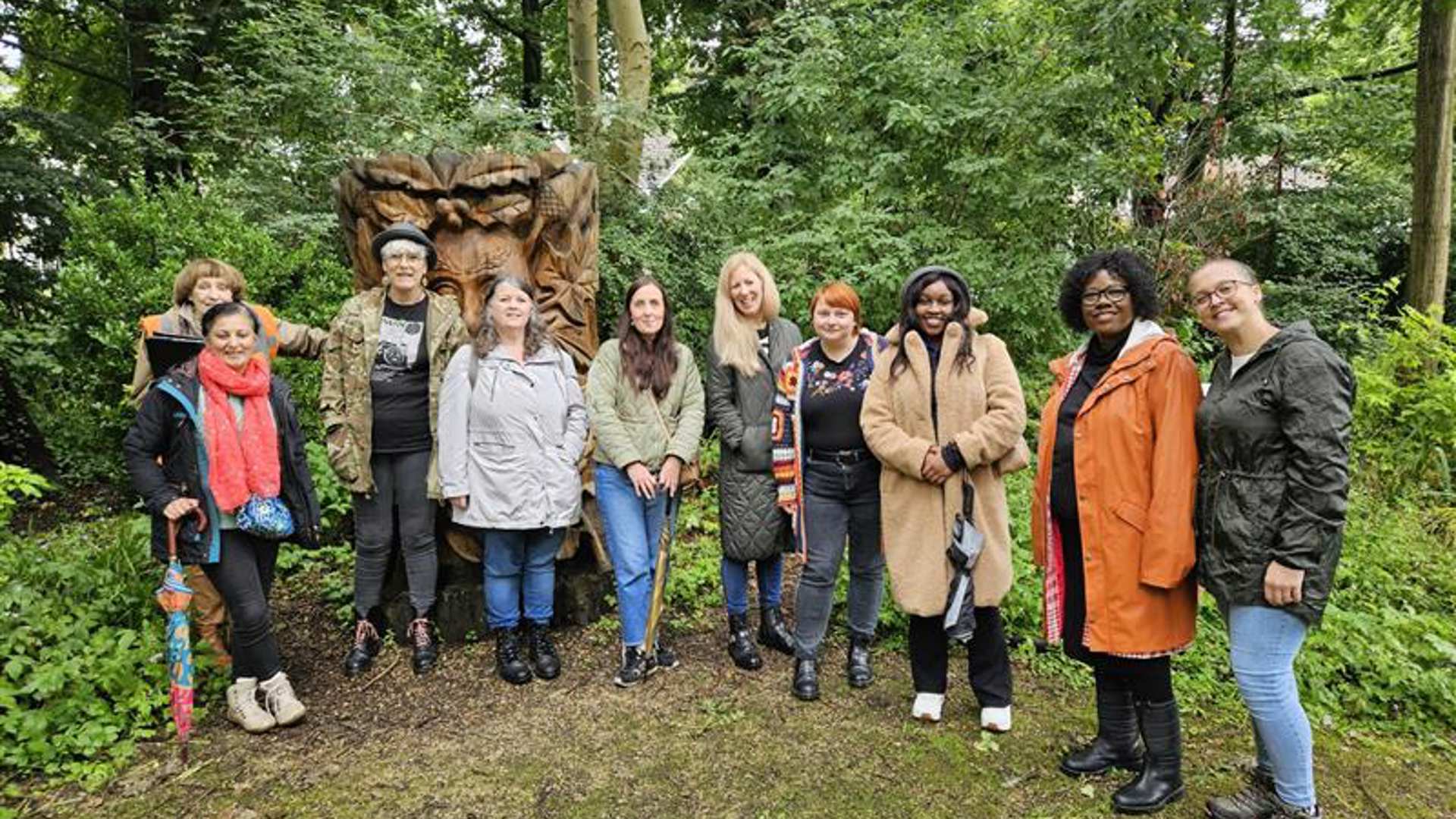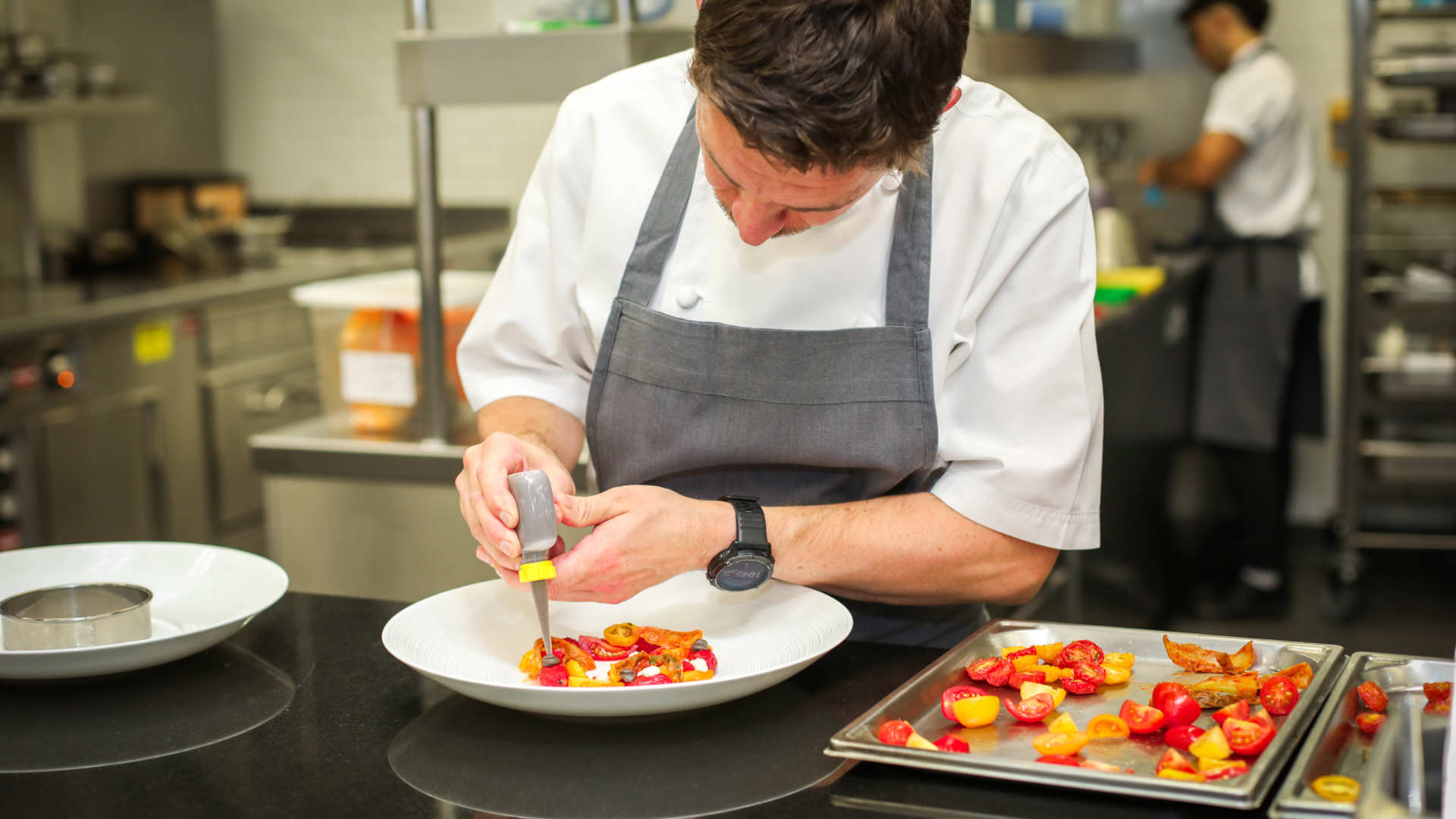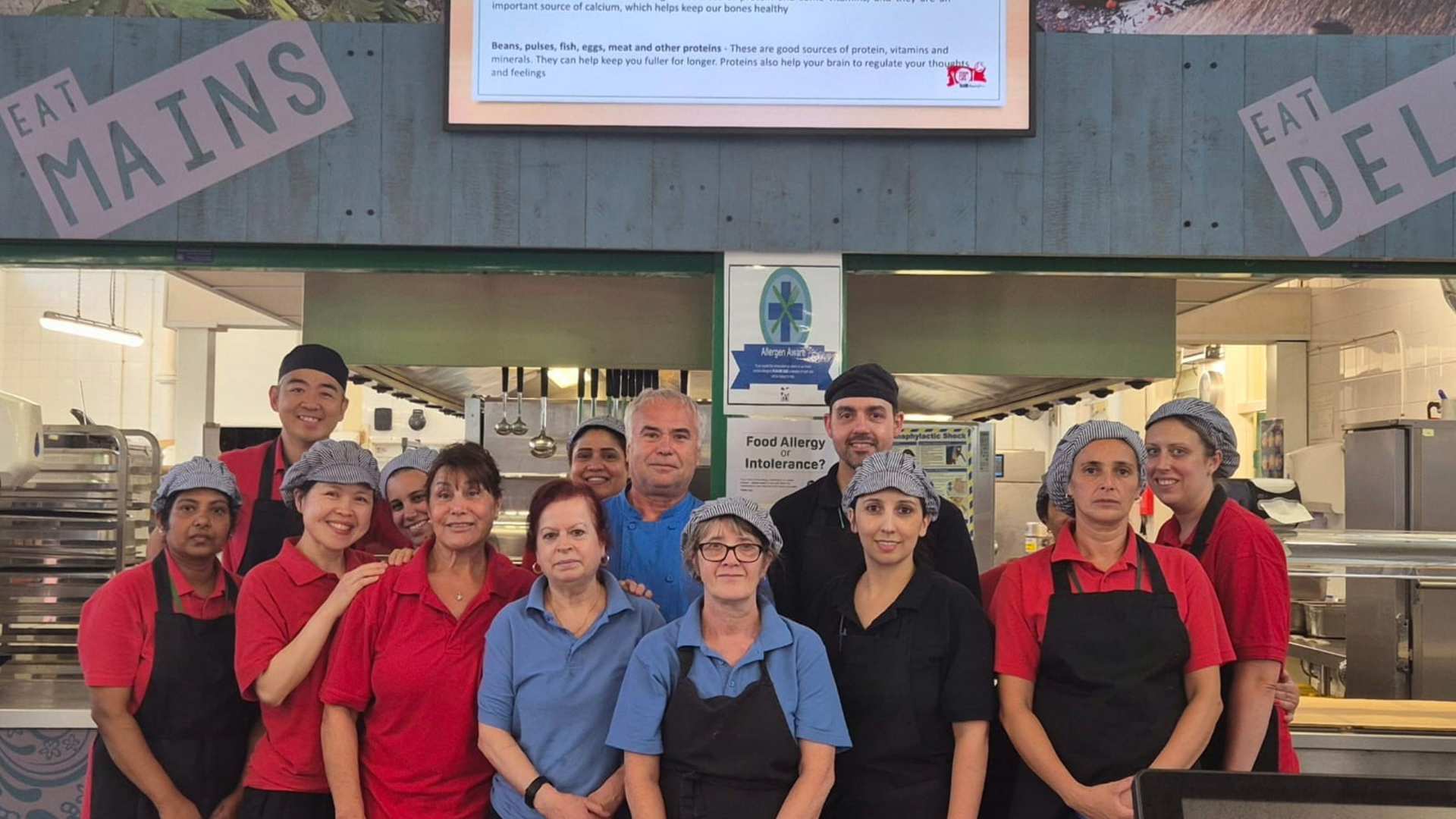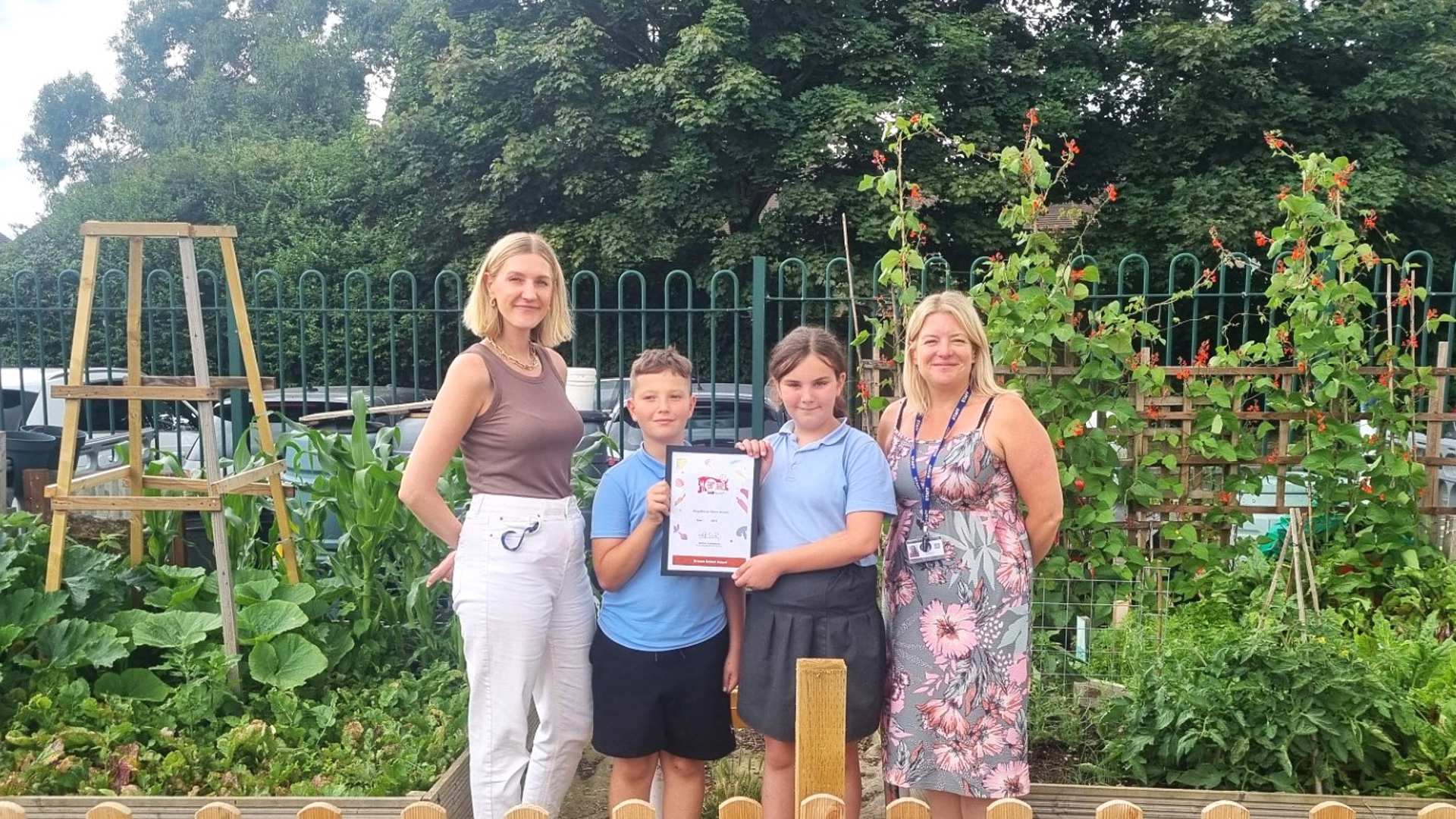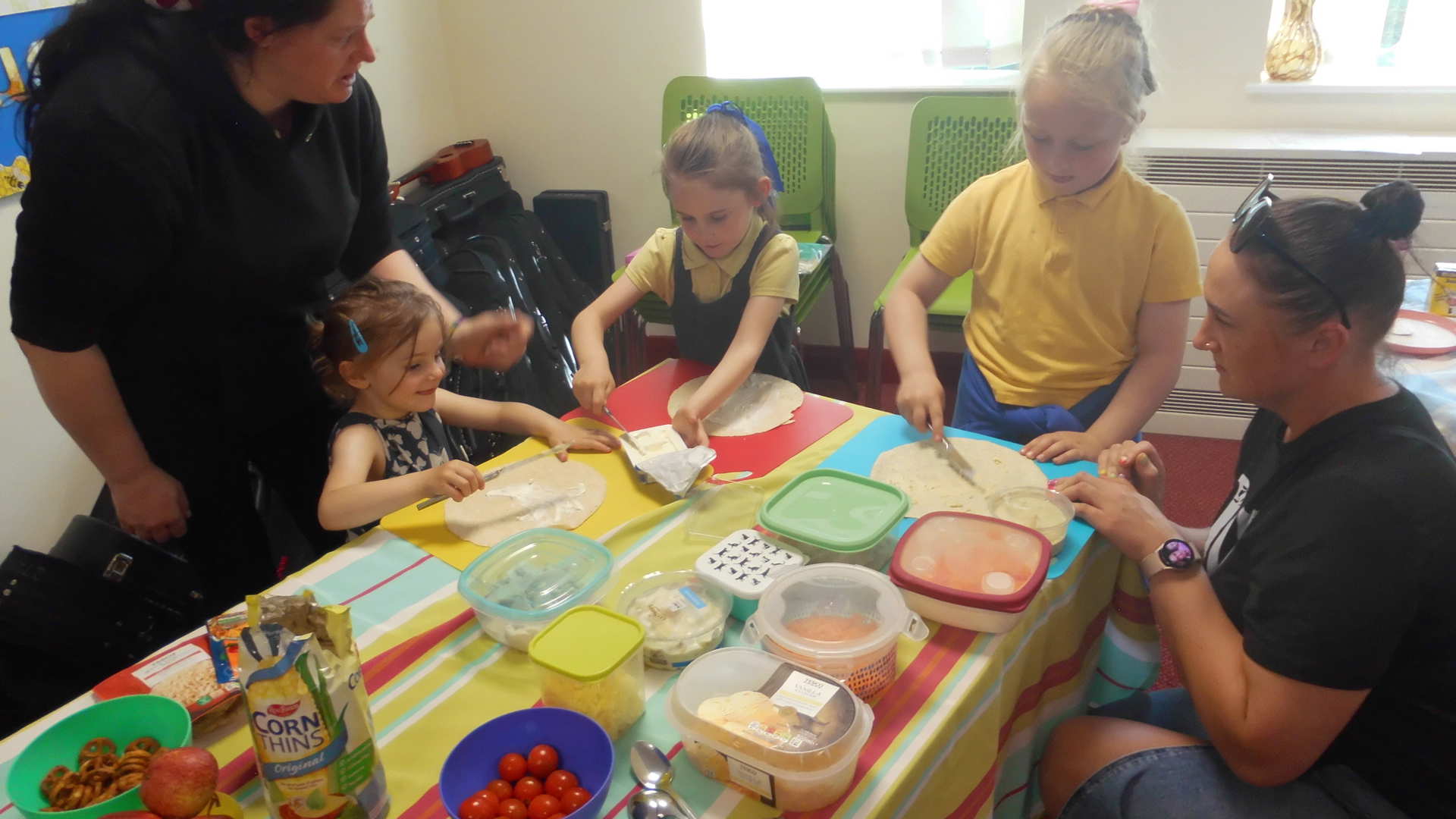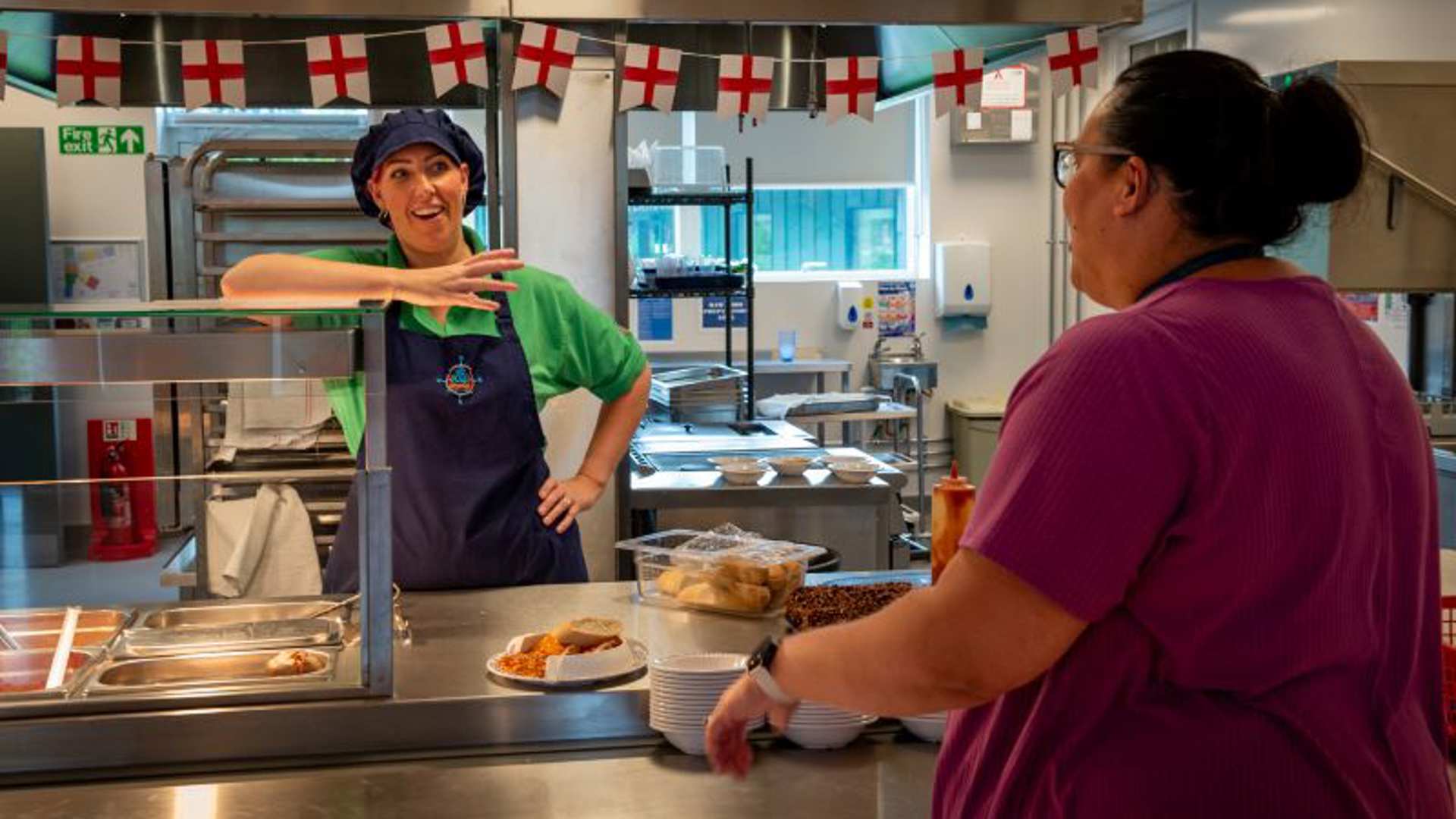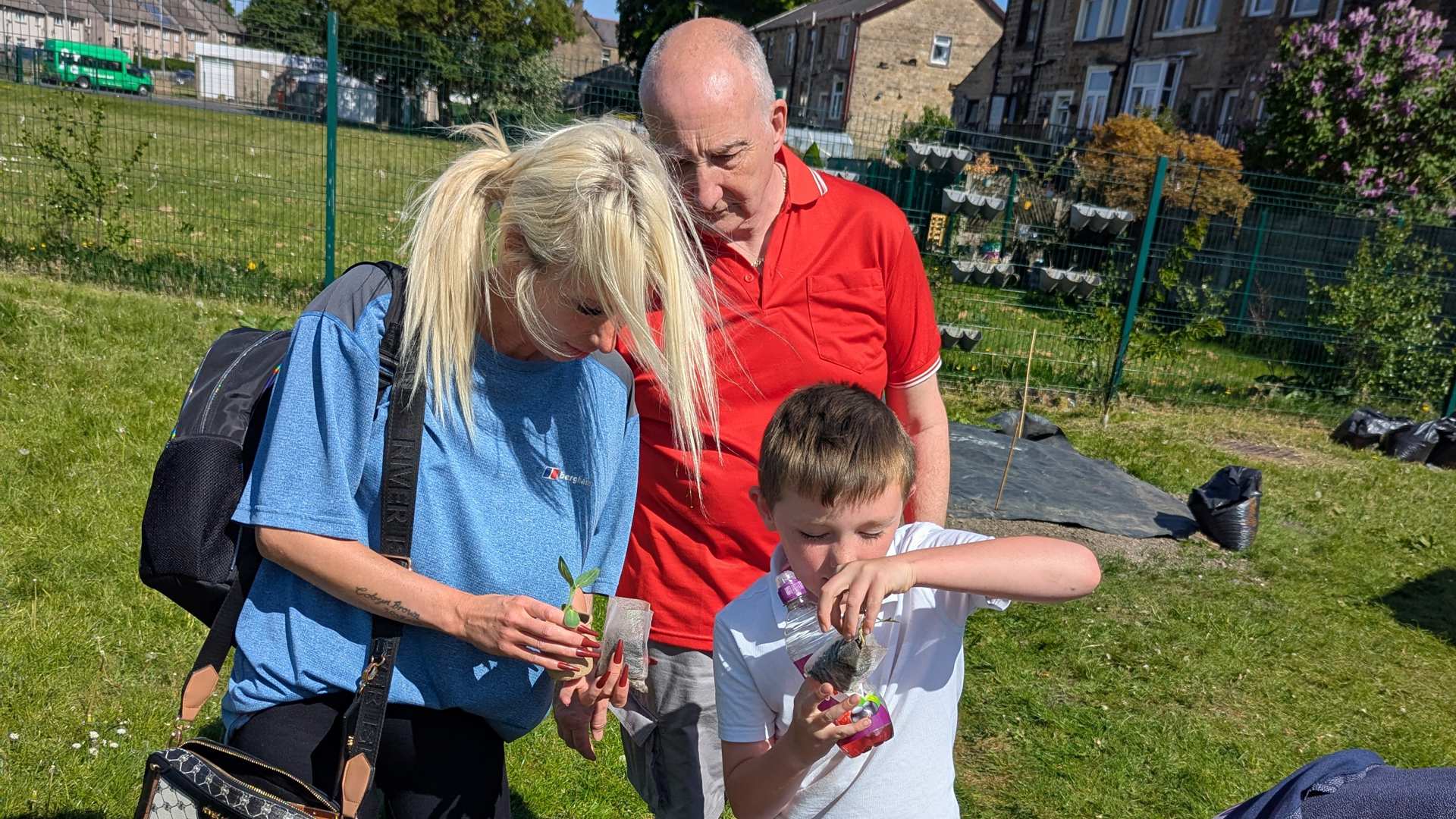All of Food For Life’s work is focussed around developing a positive healthy and sustainable food culture. While this work in schools may typically be associated with children’s growing and cooking skills, it takes a truly whole school approach, which means also looking at the dining experience.





